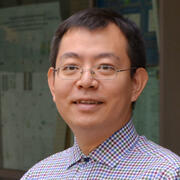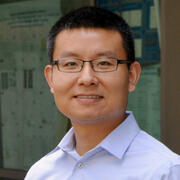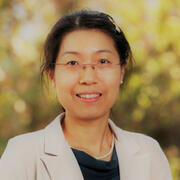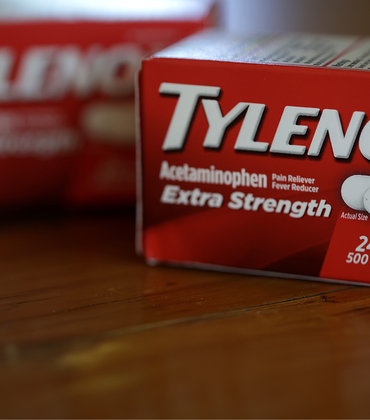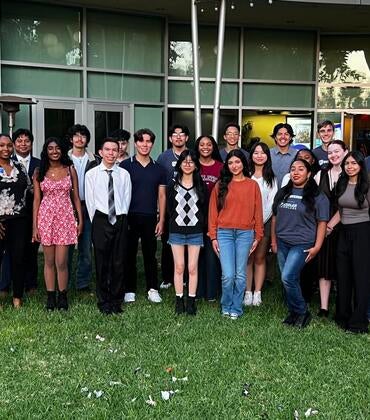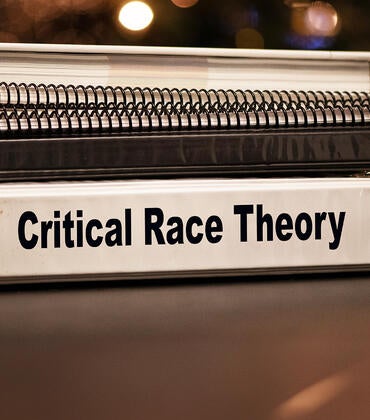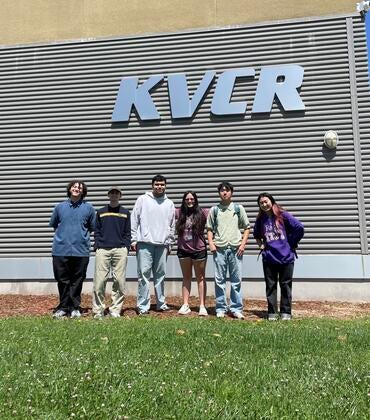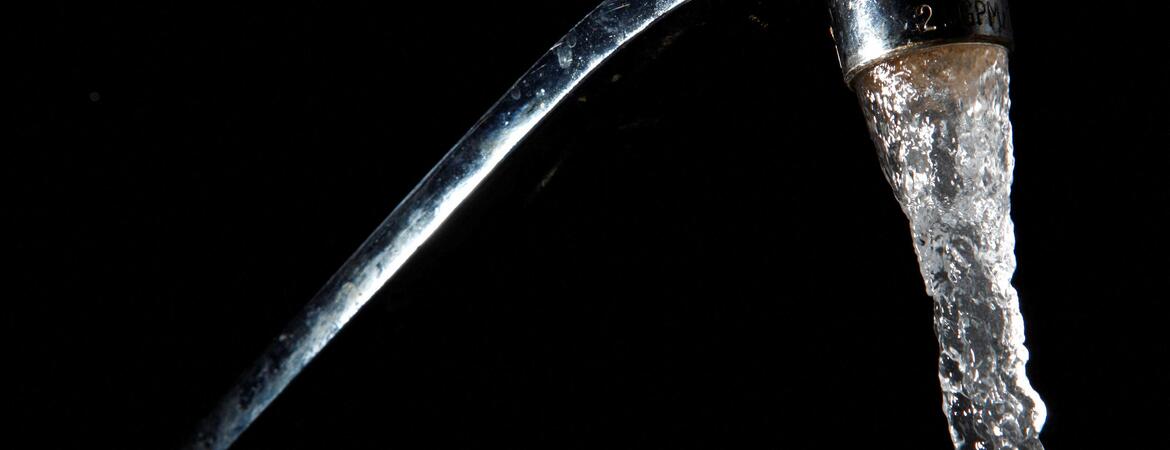
April 12, 2024
Experts on 'forever' chemicals in water
For fast access to experts, email news@ucr.edu
Jinyong Liu, associate professor of chemical and environmental engineering
Associate Professor Jinyong Liu has studied more than 100 PFAS compounds and discovered chemical processes that destroy most of these compounds by multiple technologies, including a combination of ultraviolet light and common chemicals such as sulfite. He has developed pretreatment strategies for challenging situations and novel methods to clean up groundwater. His works are protected by three pending patents. These treatments leave behind fluoride, which is commonly added to drinking water and toothpaste to improve dental health. His technologies have received funding support from the Department of Defense, National Science Foundation, and the environmental remediation industry.
Contact: jinyongl@ucr.edu
Haizhou Liu, professor of chemical and environmental engineering
Professor Haizhou Liu , a professor of chemical and environmental engineering, capitalized on his years of research in photochemical processes, leading a research team discovering that shortwave ultraviolet light combined with tuning gases (such as hydrogen) breaks down the stubbornly strong chemical bonds in PFAS. This technology is also protected by a pending patent and is gaining interest from public water districts, wastewater dischargers, and the Department of Defense.
Contact: haizhou.liu@ucr.edu
Yujie Men, associate professor of chemical and environmental engineering
Yujie Men, an associate professor of chemical and environmental engineering, is developing biological methods to treat contaminated groundwater before it reaches wells. She has found that certain species of naturally occurring soil bacteria break chemical bonds in some PFAS compounds, which starts a chain of reactions that destroys the pollutants. The cleanup of those PFAS contaminants could be expedited by providing these organisms the nutrients they need to thrive and expand their numbers, she said.
Contact: yujie.men@ucr.edu
Ying-Hsuan Lin, professor of environmental toxicology
Ying-Hsuan Lin, an associate professor of environmental sciences in UCR’s College of Natural and Agricultural Sciences, is solving a problem faced by water treatment plants that use porous charcoal, also known as granular-activated carbon, to filter out PFAS pollutants. She is developing a system that heats up the PFAS-saturated charcoal in pure nitrogen. This destroys the PFAS compounds without releasing greenhouse gases, and the charcoal then can be reused.
Contact: ying-hsuan.lin@ucr.edu
